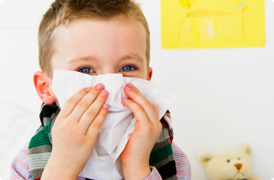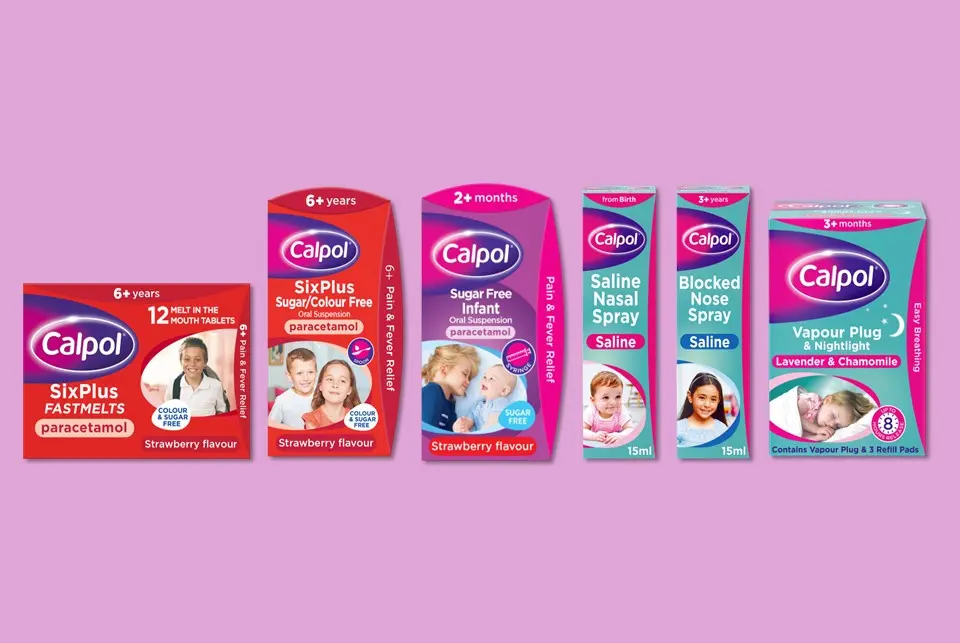
Answered on 11th January 2016
Fevers are common in young children and are often mild. If your child is playing and alert, that’s usually a good sign they’re not too poorly.
However, occasionally a fever can mean something more serious than a common virus. Some signs of a more serious underlying condition include:
Less than three months old with a fever of 38ºC or above
Between three and six months with a fever of 39ºC or above
Extreme tiredness, listlessness, drowsiness and floppiness
Difficulty breathing
Vomiting
Rash
A fever that lasts five or more days, even with paracetamol or ibuprofen
Though serious causes of fever are rare, it’s best to be safe. If your little one is poorly, use your judgement, because you know your child best. Don’t hesitate to contact a doctor if you’re concerned.
Fevers can sometimes cause seizures in children under five. While distressing, they are not necessarily cause for alarm. If your child has a seizure, lay them on their side and don’t put anything in their mouth. If you think they are choking on food or an object, try to remove it. Most seizures stop within three minutes. When it’s over, make your child comfortable and call your doctor. If it is your child’s first seizure, or if it does not stop within three minutes, take him/her to the A&Es or call for emergency help.
(showing 7 of 7)

What is a child's fever?
Answered on 11th January 2016

How do I treat my child’s fever?
Answered on 11th January 2016

What are the causes of a fever in children?
Answered on 11th January 2016

How can I tell my child has a fever?
Answered on 11th January 2016

What is a normal Temperature for a Child?
Answered on 11th January 2016

How do I take my child’s temperature?
Answered on 11th January 2016

Does temperature depend on age?
Answered on 11th January 2016
Related heath advice articles

Fever (high temperature)
What’s normal for your little one? And how can you soothe a high temperature?

Post-immunisation fever
A mild fever after an immunisation is common. So how can you make your baby feel better?

Aches & pains
With all that growing up to do, your baby is bound to feel a few aches and pains along the way.

